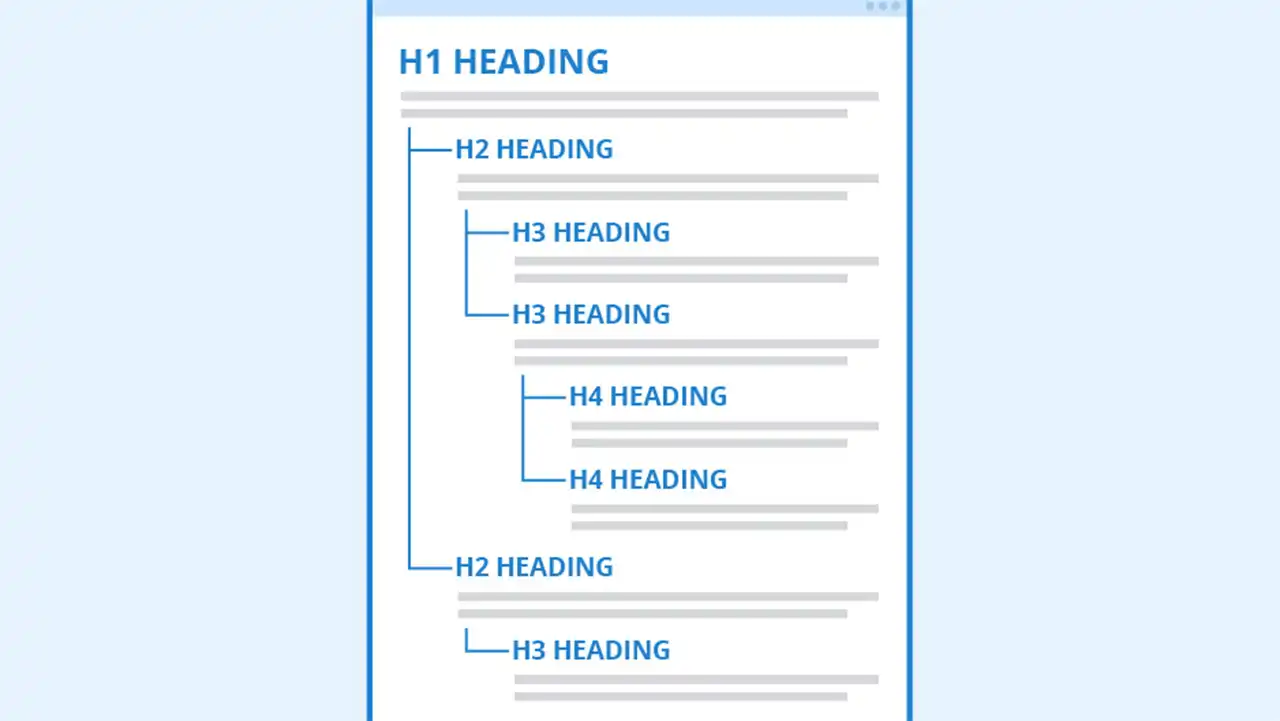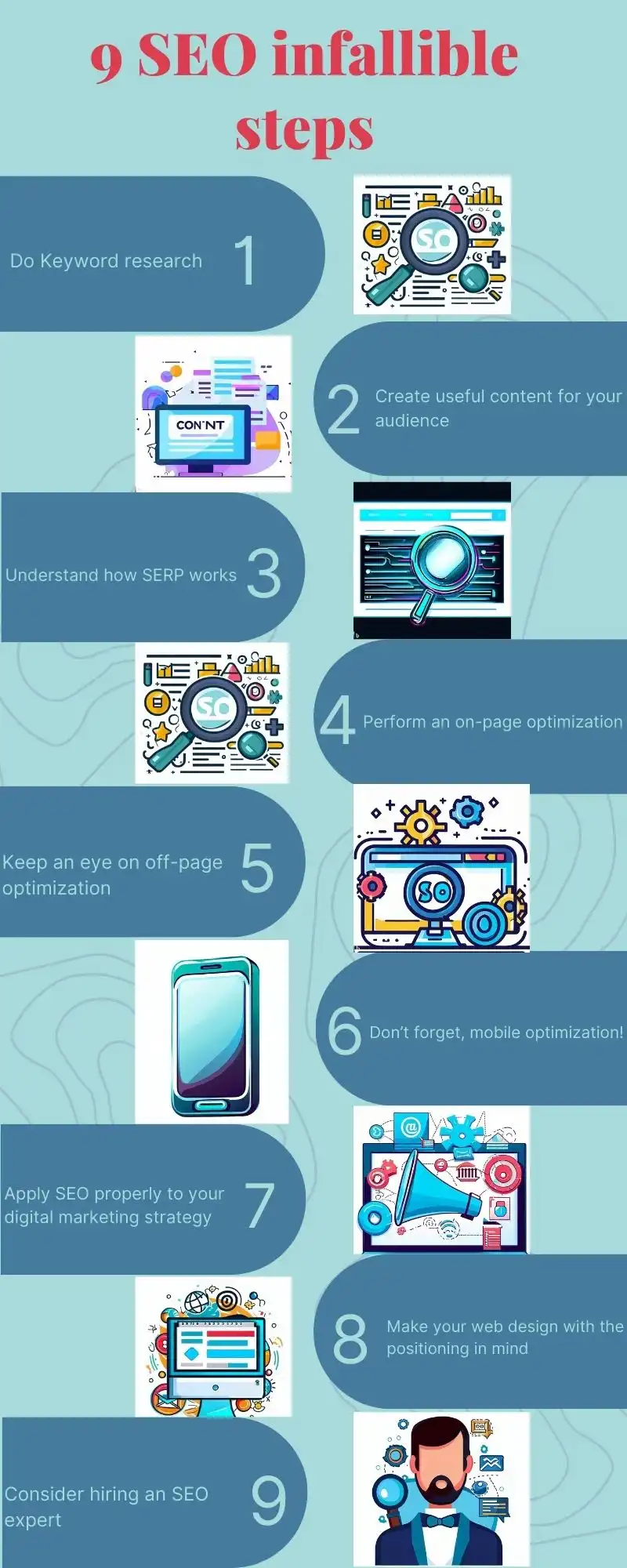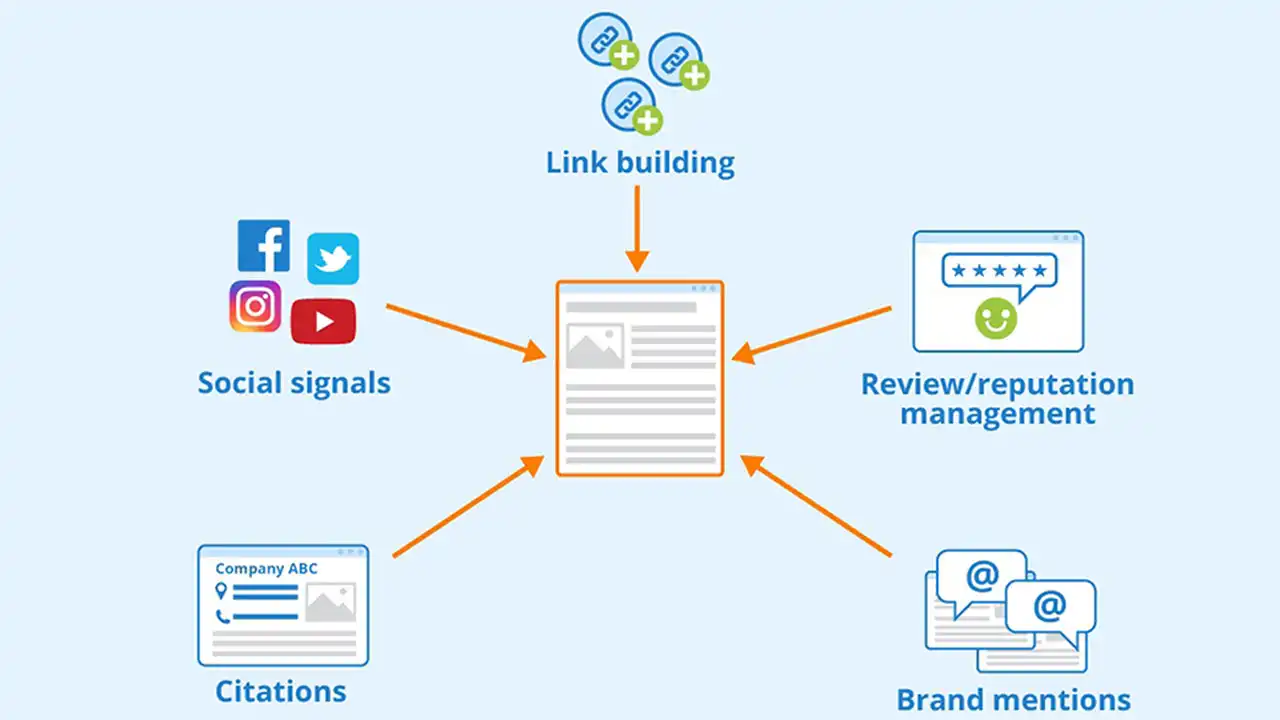The ultimate guide to making your website visible in 2023: 9 SEO infallible steps
In this article, we will discuss 9 infallible steps to take in your SEO strategy to make your website more visible. How you can apply them in your digital marketing strategy, the relationship between web design and positioning, and why you should consider hiring an expert that specializes in SEO.
As a website owner or digital marketer, ensuring that your website is visible to your target audience is essential. Search Engine Optimization (SEO) is a crucial component of digital marketing . It helps in improving your website's visibility on search engines. SEO is a process that involves optimizing your website's content, design, and technical aspects to rank higher on search engine results pages.
What is SEO
SEO or Search Engine Optimization is a process that helps websites rank higher on search engine results pages (SERPs) by optimizing content and structure. Several components of SEO include keyword research, on-page optimization, off-page optimization, mobile optimization, and analytics.
Let's dive into the details!
Step 1: Do Keyword research
What is keyword research?
Keyword research plays a vital role in any successful online marketing strategy. It involves identifying the words and phrases that users are using to search for information on a topic related to your business. These words and phrases are then used to optimize your website as well as your marketing efforts, allowing you to target your ideal audience more directly and effectively.
How to do it?
The process of keyword research begins with brainstorming a list of search terms that you believe people will use when searching for your product or service. Then, you can use various tools such as Google Keyword Planner, Ahrefs, Moz, or SEMRush to analyze the search volume, competition, and possible variations of these keywords .
Once you have a list of targeted keywords, it's important to organize them into meaningful groups or categories. This not only helps you to better understand your website's content structure but also enables you to create targeted and optimized pages and ads.
Why is keyword research so important?
Well, firstly, it ensures that your content and marketing efforts are aligned with your audience's needs and wants. Secondly, it can help you to beat the competition by targeting long-tail keywords or niche markets that might be overlooked by others.
In conclusion, keyword research is a vital aspect of any successful online marketing strategy. By identifying the most popular and relevant search terms in your industry, you can create content and marketing efforts that directly target your ideal audience.

Step 2: Create useful content for your audience
What is Content Creation from the SEO Perspective?
Content creation is the process of generating written, graphical, or audiovisual material, often intending to increase brand awareness, engagement, and conversions. The goal is to create high-quality content that is informative and interesting to readers while adhering to best SEO practices.
How to create content
There are several best practices for creating content including:
- Keyword Research
- Quality Content
- Use of Visuals
- Optimization
Why is Important?
Creating high-quality content that aligns with best practices is critical. It helps to improve website ranking, increase website traffic, and increase user engagement.
Also helps to establish their brand's authority and credibility in their respective industries. Regularly publishing high-quality content allows your target audience to view your brand as an expert in your field, further nurturing trust and customer loyalty.
Content is essential. Content creation is about more than just creating text or multimedia. It's about creating high-quality content that speaks to your target audience and adheres to best SEO practices.

Step 3: Understand how SERP works
What is Search engine results pages (SERP)
This is an essential tool for businesses looking to establish an online presence. SERP is the abbreviated form of search engine result pages, which are the pages that a search engine displays in response to a query initiated by a user. Essentially, SERP shows an array of web pages relevant to the user's search term.
How does it work?
Search engines such as Google, Bing, and Yahoo use an algorithm to crawl and index websites, which they then use to provide relevant results to users when they search for specific keywords or phrases. An algorithm sorts out web pages based on various factors such as relevance, authority, and popularity, amongst others, and shows the most appropriate results on SERP.
Why is important?
SERP is one of the most critical aspects of online visibility.A high organic ranking on SERP significantly increases a business's visibility and attracts more traffic to the website. Additionally, appearing on SERP is a cost-effective way to advertise your business as most users do not click beyond the first page of results.
How to improve your SERP ranking?
There are various ways to improve your SERP ranking. Here are five tips to get started:
- Optimize Web-pages for specific keywords
- Create Quality Content
- Optimize meta descriptions and title tags
- Use internal and external links
- Optimize for Local SEO

Step 4: Perform an on-page optimization
What is on-page optimization?
On-page optimization is an important part of search engine optimization (SEO). It involves optimizing individual web pages to rank higher and earn more relevant traffic in search engines . On-page optimization is essential for small business owners who need their websites to be seen by potential customers.
Why is important?
On-page optimization is crucial because it helps search engines understand what your website is about and how relevant it is to specific search queries. By optimizing your website's pages, you can improve your search engine rankings, drive more traffic to your site, and increase conversions.
It involves several elements, such as keyword research, meta tags, header tags, internal linking, content optimization, and image optimization. These elements help search engines understand the content and relevance of your site, making it easier for users to find you online.
How to optimize?
To optimize your website's pages, you should follow these key best practices:
- Conduct thorough keyword research and use the right keywords in your content, meta tags, and header tags.
- Write high-quality content that is engaging, informative, and relevant to your target audience.
- Use header tags (H1, H2, H3) to structure your content and make it easier for search engines to understand.
- Optimize your meta tags, including your page title and description, to improve click-through rates and search engine rankings.
- Use internal linking to help search engines understand the relationship between different pages on your website.
- Optimize your images by using descriptive file names, alt text, and captions that include the right keywords.
Step 5: Keep an eye on off-page optimization
What Is Off-Page Optimization?
As a website owner, now you know the importance of having a strong online presence. However, simply having a website isn't enough. To rank higher on search engine results pages (SERPs), you need to understand the concept of off-page optimization.
optimization refers to all the actions taken outside of your website that is intended to improve its visibility and ranking.
Some of them are:
- Link Building
- Social Media Marketing
- Guest Blogging
- Influencer Marketing
- Reviews
- Branding
To sum up, off-page optimization is a crucial part of any successful SEO strategy. By utilizing link building, social media marketing, guest blogging, and influencer marketing, you can improve your website's visibility and ranking on SERPs, ultimately leading to increased traffic and revenue for your business.
Step 6: Don't forget, mobile optimization!
What is mobile optimization?
Mobile optimization is the process of ensuring that a website is optimized for mobile devices, such as smartphones and tablets. It involves making changes to the design, layout, and functionality of a website to provide a better experience for mobile users.
In today's world, more and more people are using their mobile devices to browse the web. In fact, over half of all web traffic now comes from mobile devices. Small business owners and web developers need to keep up with this trend and ensure that their websites are optimized for mobile users.
Why Does it Matter?
Mobile optimization can have a significant impact on a website's performance. Websites that are not properly optimized for mobile devices can be slow to load, difficult to navigate, and generally frustrating for users. This can lead to high bounce rates, lower engagement, and ultimately fewer conversions.
On the other hand, websites that are optimized for mobile devices can provide a seamless and engaging experience for users. They load quickly, are easy to navigate, and look great on any screen size. This can lead to higher engagement, lower bounce rates, and ultimately more conversions.
How to optimize websites for mobile devices?
Here are a few tips:
- Use a responsive design
- Optimize images
- Keep it simple
- Prioritize page speed
Therefore, mobile optimization is essential to create a successful online presence. By ensuring that your website is optimized for mobile devices, you can provide a seamless and engaging experience for users and increase your chances of success.
After discussing the most important SEO elements, let's dive into the final considerations:
Step 7: Apply SEO properly to your digital marketing strategy
It's kind of obvious but keep in mind SEO is a powerful tool to increase online visibility. This way, your website can be easily found by your target audience searching for services and products related to your industry. SEO requires a strategic approach, and it includes all we discuss previously.
The first step in applying SEO to your digital marketing strategy is to conduct keyword research. Tailor your website's content to include them.
Step 8: Make your web design with positioning in mind
Web design plays a vital role in a website's visibility on search engines. A website that is well-designed, with a user-friendly layout and optimized content, will rank higher in search engine results pages. A website design that is not optimized for SEO can result in a lower ranking on search engine results pages.
When designing your website, it is essential to make sure that it is mobile-friendly, load times are fast, and that the site is easy to navigate. These factors influence a visitor's experience on your website, and they can also affect your website's ranking on search engines.
Step 9: Consider hiring an SEO expert
Implementing proper SEO can be time-consuming, and it requires an in-depth understanding of the technical aspects of a website. Therefore, it is essential to consider hiring an expert. They have the expertise and experience to optimize your website for search engines, resulting in increased online visibility, traffic, and revenue.
Also can save you time and resources. This way, you can focus on other critical aspects of your business, such as lead generation and customer service.
To sum up
In conclusion, SEO is vital to making your website visible to your target audience. By incorporating these strategies into your digital marketing campaigns, you can increase your online visibility, traffic, and revenue. Additionally, web design plays a crucial role in positioning your website on search engines, so it is essential to optimize your site for better ranking. Finally, hiring an expert can help you achieve your online marketing goals while allowing you to focus on other essential aspects of your business.

Hit or click on the image to download the infographic






